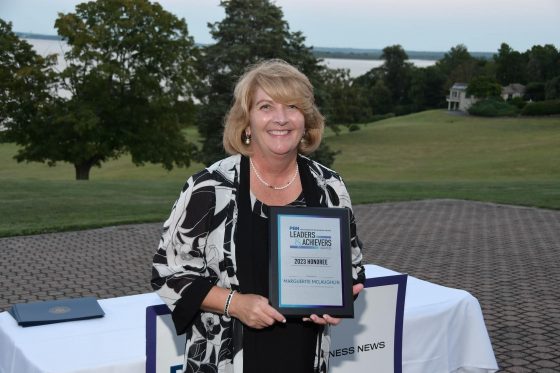PROVIDENCE, R.I., Feb. 10, 2024 – Healthcentric Advisors was awarded a $25,000 CVS Health Foundation grant as part of its 2023 Hometown Fund, which supports the communities the company’s headquarters […]
Featured Posts
All Posts
The Centers for Medicare and Medicaid Services (CMS) has issued a new directive aimed at curbing the spread of multi-drug resistant organisms (MDROs) in nursing homes. The guidance, outlined in […]
2024 Primary Care Quality Measure Crosswalk Providence, RI (March 27, 2024) — Healthcentric Advisors is thrilled to announce our collaboration with The Blueprint for Health, OneCare Vermont, Bi-State Primary Care […]
Critical New Initiative Supported by Rhode Island Department of Health Targets 175 Participants by April 2024. Providence, RI (February 13, 2024) — Healthcentric Advisors recently launched a new training initiative […]
PROVIDENCE, R.I., Feb. 10, 2024 – Healthcentric Advisors was awarded a $25,000 CVS Health Foundation grant as part of its 2023 Hometown Fund, which supports the communities the company’s headquarters […]
Providence, RI – Healthcentric Advisors (HCA) is proud to announce that Marguerite McLaughlin, HCA’s Director of Education & Transformation, has been recognized in Providence Business News’ 2023 “Leaders and Achievers” […]
View this guide to review coding and guidelines for the COVID-19 emergency. This information was prepared as a service to the public and is not intended to grant rights or […]










